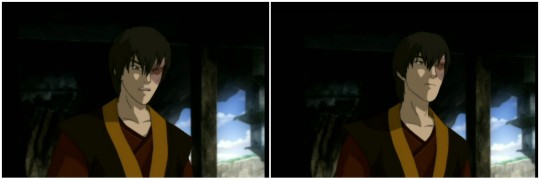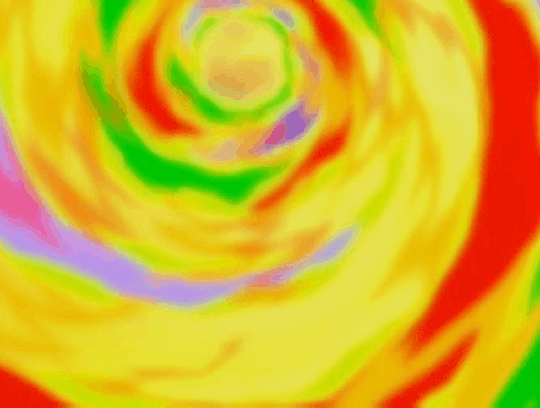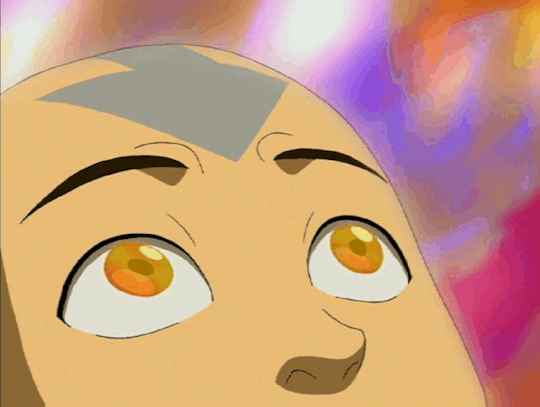#like that's a choice i willingly make and not something i'm trying to amend without winding up back in the psych ward again
Explore tagged Tumblr posts
Text
man it's bad tonight huh
#vent#nothing like spending weeks wringing out your brain going to classes and building a career portfolio#just to get screamed at by your own father being told 'your existence is a burden to me'#i'm not paraphrasing that is actually word for word what he said lads#i'm just. tired. i'm too tired and numb to be sad. what are feelings going to do to help me at this point#i have nowhere to go but forward but it all feels really pointless rn tbh#even if i get the job this resume is for. i can't handle more than part time right now and i can't move out with that little money#nights like tonight it reallt hits that nobody actually gave a shit about whether i made it through that psych ward stay or not#like. do you know how much therapy and time and hard work it takes to relearn how to be a human being again after losing everything to#autistic burnout and treatment resistant MDD?#and it just gets spit back out in my face every possible opportunity because oh nooo im 23 with no job and still live with my parents#like that's a choice i willingly make and not something i'm trying to amend without winding up back in the psych ward again#i don't even know what to do anymore. i can't do anything faster or more efficiently than i currently am. and clearly that's not enough
1 note
·
View note
Text
I know I am very late to the party but— I just absolutely love Zuko's redemption?! And the way it was handled by the narrative?! The fact that he is held accountable for his mistakes. That he is made to learn and grow from those mistakes. And that the guilt he feels because of his wrongdoings is what compels him to go out of his way to make it up to the people he has hurt. And that the narrative makes him make up for his mistakes in a very specific way to each character to address each of their personal grievances. It's just *chef's kiss*.
I have seen so many characters who exhibit shitty (sometimes even abusive) behaviour who are given a background of childhood abuse to justify their unacceptable behaviour. We are just supposed to accept the sad back story as an excuse for the character's actions and lo! Suddenly the narrative paints the character in a positive light, all the other characters forgive him without the said character working towards earning their forgiveness. But the fact that everyone is responsible for their own actions doesn't change.
Zuko is such a beautiful subversion of this trope.
From the beginning, the show portrays Zuko very carefully, showing us that even if he is mean and rude and occasionally does bad things™, his heart is definitely in the right place and that at his core, he is a good person.
And yet no one absolves him of his actions. Not the narrative, not any of the other characters and definitely not Zuko himself.
After his first confrontation with the Gaang in B3 Ep13 "The Western Air Temple", where Zuko fails to make a fair argument for himself, everybody rejects him and turns him away. Disheartened, Zuko leaves without arguing any further.
The one exception to the hostile warding off is Toph; who doesn't have any bad experiences with Zuko or personal grievances against him. Her first introduction to Zuko via Iroh's description of him, paints him in a positive light. Further, he seems to be someone who is like her if she goes by what Iroh says.
Once her lie detection skills let her know that Zuko is being sincere, she pretty much backs off:
So naturally Toph tries to reason with the rest of the Gaang:
Katara: And what was all that crazy stuff about setting Appa free? What a liar!
Toph: Actually, he wasn't lying.
Sokka: [Sarcastically.] Oh, hooray! In a lifetime of evil, at least he didn't add animal cruelty to the list.
Toph: I'm just saying that, considering his messed-up family and how he was raised, he could have turned out a lot worse.
Katara: [Sarcastically.] You're right, Toph! Let's go find him and give him a medal. The "not as much of a jerk as you could have been" award!
Toph: All I know is that while he was talking to us, he was sincere. Maybe you're all just letting your hurt feelings keep you from thinking clearly.
Katara: Easy for you to say! You weren't there when he had us attacked by pirates!
Sokka: Or when he burned down Kyoshi Island!
Aang: Or when he tried to capture me at the Fire Temple!
Once again, the narrative makes sure that "Not as much of a jerk as you could have been" is simply not an excuse for the hurtful actions and choices that have been made.
This conversation also focuses on what each of the character's personal grievances from the war are and how Zuko had triggered them by doing something similar. (In addition to Sokka talking about Zuko attacking the Water Tribe and Katara talking about the necklace incident— although the Pirates and the necklace incidents are actually combined.)
The first thing that Zuko does is, stand up to Combustion Man (even if the whole Combustion Man plot is contrived bullshit, that makes no sense, atleast it is properly used as a step of Zuko making amends with the Gaang).
After which the Gaang is willing to listen to what he has to say, so he says:

Zuko: Listen, I know I didn't explain myself very well yesterday, I've been through a lot in the last few years, and it's been hard. But I'm realizing that I had to go through all those things to learn the truth. I thought I had lost my honor, and that somehow my father could return it to me. But I know now that no one can give you your honor. It's something you earn for yourself, by choosing to do what's right. All I want to do now is play my part in ending this war, and I know my destiny is to help you restore balance to the world.
He doesn't try to play the "I was having a really hard time and I wasn't really myself so I did some bad things" card. He never does even as the story progresses.
He accepts that his mistakes made him grow and learn in a way that wouldn't have been otherwise possible but he knows that his choices have hurt people nonetheless. And he takes full responsibility for it.
The Gaang accepts him just as the Firebending master that Aang needs. And while it does look like Aang has forgiven him; the rest of the Gaang are sceptical about him and rightfully so.
And then we get a series of episodes where Zuko— a previous representative of the Fire Nation to these kids, helps these kids to deal with the trauma that was caused by the Fire Nation.
To Aang, becoming a firebender is a dreaded duty looming on the horizon in the near future due to his own personal history of trauma with the element. Aang, whose entire race had been wiped out when the Fire Nation had been at its strongest, whose first experience with fire ended with him burning his friend.


Zuko takes Aang on a trip that results in both of them learning the actual meaning of Firebending. That fire isn't just a representative of death and destruction. That it is life and creation too.
Aang returns with his fear of fire absolved, with a new vision of fire as an element and his bond with Zuko cemented into a strong friendship.
Then there's Sokka, who has lost his mother to the violence of the war. And soon after his father left to fight in the war. It is pretty evident that for Sokka, his father's absence plagues him more. His coping mechanism has made him supress memories of Kya to replace them with memories of Katara instead. But his coping mechanism can't do the same for Hakoda because filling the hole that Hakoda left was Sokka's responsibility.
Other than this, Sokka, whose cultural upbringing taught him that his primary duty was to protect the women in his life, feels like a failure for never being able to protect them from the war. While Katara needs no protection after her training under Pakku, he still strives his best to help Katara when she needs it. But he couldn't do the same for Kya, Yue and Suki (because he knew she was imprisoned and was counting on him to free her but there was nothing he could do about it). This issue is far less acknowledged by Sokka himself.
So, Sokka wants to embark on a solo journey to rescue Hakoda from the prison. He doesn't want to take Katara or anybody else along because of the huge risk it entails.
But Zuko willingly decides to go with him. They make it back together with not only Hakoda but Suki as well. This time, Sokka not only manages to bring his father back from the clutches of the war, he also doesn't fail the woman he wants to protect in the hour of her need.
And he was able to successfully do so because Zuko stood by him as his ride-or-die and selflessly helped him. This allowed Sokka to let go of his scepticism and accept Zuko as a trustworthy friend.
4 notes
·
View notes